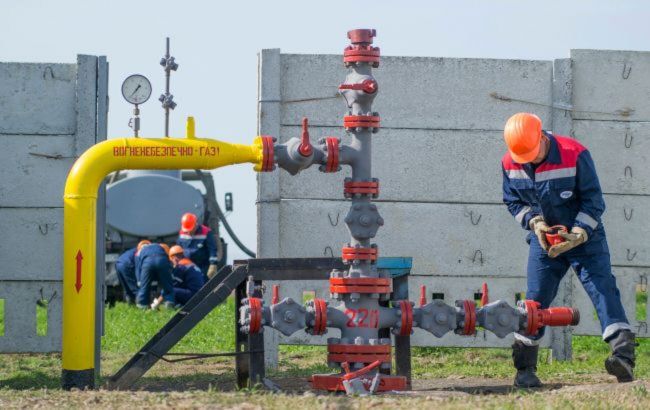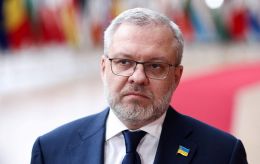Cheaper gas: Moldova lowers transit tariff for blue fuel from Greece to Ukraine
 Illustrative photo: lower transit tariff will reduce gas logistics costs (Getty Images)
Illustrative photo: lower transit tariff will reduce gas logistics costs (Getty Images)
Moldova has decided to reduce the gas transit tariff from Greece to Ukraine by 50% for the 2025–2026 heating season, according to an official statement from the National Energy Regulatory Agency of Moldova (ANRE).
On October 24, Moldova’s National Energy Regulatory Agency (ANRE) approved a decision to facilitate natural gas supplies to Ukraine. The measure is part of a joint initiative by the gas transmission system operators of Greece, Bulgaria, Romania, Moldova, and Ukraine.
"The initiative is aimed at strengthening regional energy security and ensuring natural gas supplies to Ukraine," the agency stated.
ANRE approved a 50% reduction in the gas transmission tariff to Ukraine for Moldova’s gas transmission operator Vestmoldtransgaz. Romania’s operator Transgaz will apply an identical discount. The reduced tariff will be valid for six months, from November 2025 to April 2026.
The discount is significant because it will lower Ukraine’s overall import costs, effectively making gas logistics cheaper and allowing the country to purchase larger volumes with the same financial resources. This is particularly relevant as, due to Russian attacks on gas production infrastructure, Ukraine plans to increase gas imports.
Ukraine's gas imports
Ukrainian Prime Minister Yuliia Svyrydenko recently said that the country urgently needs to address the issue of additional gas imports to offset production losses. However, the exact import volumes have not been disclosed; the government has classified this information.
On October 23, the Cabinet of Ministers of Ukraine allocated an additional 8.4 billion UAH (about 200 million USD) for gas imports during the 2025–2026 heating season. Yet, to purchase the planned 4.6 billion cubic meters of gas, Ukraine will need a total of around 2.3 billion USD.

